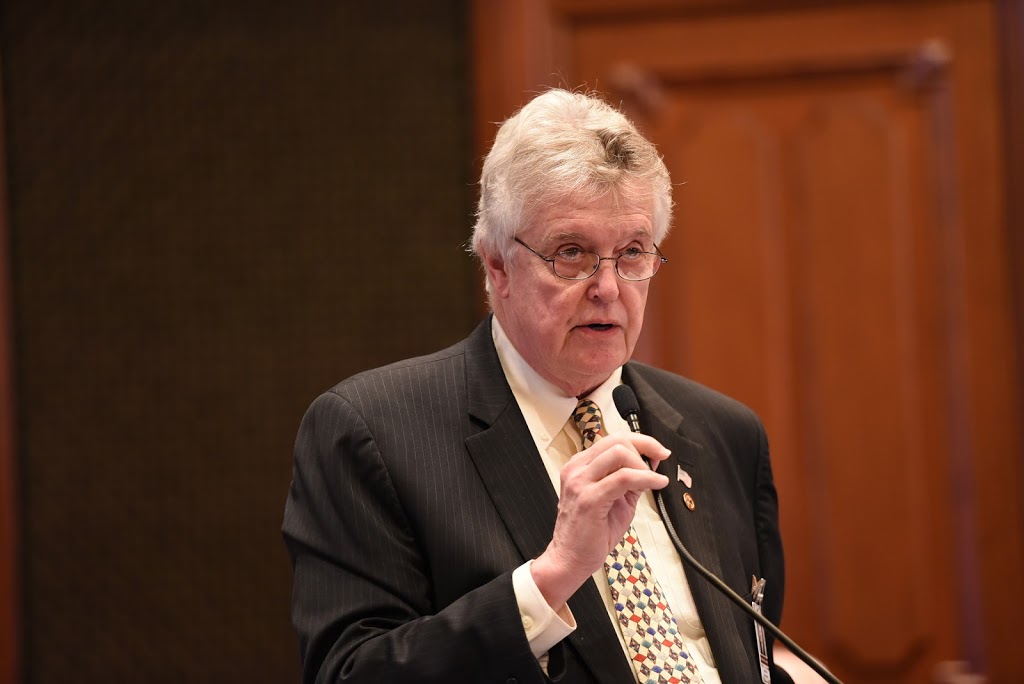State Representative Steve Reick (R-Woodstock) is hoping to infuse some common sense into the discussion of township road district consolidation by requiring a cost analysis to determine if consolidation proposals will actually save taxpayers money.
HB 4190, filed in Springfield this week, serves as a trailer bill to clarify two pieces of legislation approved earlier this year. The bill would require a cost study be conducted before a township’s trustees could take action to put a consolidation proposal before voters. “People seek consolidation because they want lower taxes. I fully support consolidation that results in lower taxes,” said Reick. “But consolidation just for the sake of consolidation- when taxes don’t go down or possibly would actually increase- that is not in the best interest of taxpayers. We need this additional layer of transparency so trustees and voters are acting on a full set of facts.”
Specifically, Reick’s HB 4190 would amend the Illinois Highway Code by providing that before a township may submit a referendum to abolish a road district, the township must prepare through an independent contractor a cost study that demonstrates the abolishment is cost-effective and that the township which would assume the road district responsibilities is capable of carrying out the duties performed by the road district slated for elimination. Any consulting firm with an existing agreement for services in the township in question or in the county where the township is located would be prohibited from conducting the study.
“SB 03 and HB 607 were both signed into law in August of this year, but neither includes this additional step of transparency” Reick said. “Consolidation does not necessarily equate to lower taxes because services must still be provided. Before asking taxpayers to make a decision at the ballot box, trustees need to ensure that a successful vote won’t have unforeseen negative consequences on people’s property tax bills.”
HB 4190 is awaiting assignment to a substantive committee, and Reick is hopeful it will receive fair consideration when lawmakers return to Springfield at the end of January.
